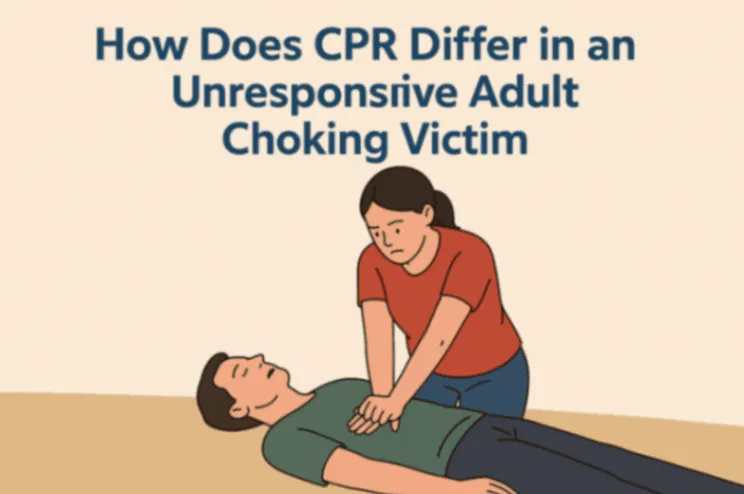Breathing is the most fundamental function of life. Yet, around 9-11% of the general population report breathlessness. To bring a solution, scientists introduced non-invasive ventilation (NIV) in the mid-18th century. But there are two types of NIV machines: BPAP and CPAP machines.
Which is better suited for you? To find the personalized one, top CPAP machine manufacturer Sinoriko has pointed out some major differences between BIPAP and CPAP machines. Let’s understand all the NIV functionalities first before separating the major differences!
Key Points:
-
Definition of non-invasive ventilation, including overview to the BPAP and CPAP machine and their use cases.
-
The summary of the major differences between the two systems, their use cases, and benefits.
-
Our recommendation list of the top three most popular BPAP and CPAP products and accessories manufacturers.
What is Non-Invasive Ventilation?
Non-invasive ventilation (NIV) is a method of providing ventilatory support using external devices such as masks or nasal interfaces, rather than inserting tubes into the trachea. It can provide effective breathing support without the need for tubes inside the airway. It is safer and easier to manage for patients both in hospitals and at home.
NIV is commonly used in conditions like:
-
Acute respiratory failure
-
Neuromuscular disorders
The key advantage of NIV is that it avoids complications associated with invasive ventilation, such as infections, airway trauma, and prolonged hospital stays.
Types of Non-Invasive Ventilation: BPAP vs CPAP Machine
There are several types of NIV, but the two most widely used are BPAP (Bi-level Positive Airway Pressure) and CPAP (Continuous Positive Airway Pressure) machines. Both are designed to improve breathing, but they function differently and are suited to different medical needs.
1. BPAP Machine
Bi-level Positive Airway Pressure (BPAP) machines can deliver two different levels of pressure. There is higher pressure during inhalation to assist breathing and lower pressure during exhalation to make breathing out easier.
So, this dual-pressure system makes BPAP machines particularly useful for patients with conditions that require more breathing support, such as:
-
COPD
-
Central sleep apnea
-
Neuromuscular diseases (like ALS)
-
Acute respiratory failure
Besides, BPAP machines are often used in hospital settings but are also prescribed for home use. The machines provide flexibility and comfort. Patients who struggle to exhale against the constant pressure of CPAP can get benefits from the controlled system.
2. CPAP Machine
Continuous Positive Airway Pressure (CPAP) machines deliver a constant, steady stream of pressurized air throughout the breathing cycle. This continuous pressure keeps the airway open, preventing collapse during sleep.
CPAP is most commonly prescribed for obstructive sleep apnea, which is a condition where the airway collapses during sleep, causing pauses in breathing. Therefore, CPAP machines are widely available. Patients find it highly effective in improving sleep quality and reducing risks associated with untreated sleep apnea.
BPAP vs CPAP Machines: The Differences
BPAP and CPAP machines are quite different in functionality and application. Here is a summary of the differences between BIPAP and CPAP machines:
|
Feature |
CPAP |
BPAP |
|
Pressure Delivery |
Constant pressure throughout breathing cycle |
Two levels: higher during inhalation, lower during exhalation |
|
Best For |
Obstructive Sleep Apnea |
COPD, central sleep apnea, neuromuscular disorders |
|
Comfort |
May feel difficult to exhale against constant pressure |
Easier exhalation due to lower pressure |
|
Complexity |
Simple, widely available |
More advanced, requires careful settings |
|
Cost |
Generally lower |
Higher due to advanced technology |
Summary: CPAP is best suited for patients of all ages with sleep apnea who need a simple solution to keep their airway open during sleep. On the other hand,BPAP is better suited for patients with more complex respiratory conditions requiring variable pressure support.
Top 3 Global BPAP & CPAP Accessories Provider
Several companies manufacture the machines and its accessories to keep everything secure. From our inspection, the most popular names in this field are Sinoriko, Resmed, and BMC.
1. Sinoriko
Synoriko specializes in advanced CPAP cleaning solutions. Founded in 2016, the company offers ozone and UV dual-mode sanitizers designed to eliminate 99.9% of harmful bacteria from masks, hoses, and devices. They provide a 30-day risk-free guarantee, and a two-year warranty.
2. Resmed
ResMed is a global leader in sleep and respiratory health, pioneering cloud-connected medical devices and digital solutions. Founded in 1989 in Australia, the company is headquartered in San Diego, California, and operates in over 140 countries. ResMed develops CPAP machines, masks, and software platforms to treat chronic conditions.
3. BMC
BMC Medical is a leading Chinese manufacturer of respiratory health solutions, specializing in sleep-disordered breathing and chronic respiratory disease care. Founded in 2001 and headquartered in Beijing, the company develops CPAP devices and other diagnostic tools.
Our Recommendation
Many doctors recommend BPAP because it provides variable pressure support, making breathing easier and more efficient. But CPAP is usually the first-line treatment and most commonly preferred machine. It’s effective, affordable, and widely available.
Overall, a sleep specialist or pulmonologist can conduct tests and recommend the best option based on individual needs. Then you can buy the machines from trusted and experienced manufacturers among our list.
लेखक





